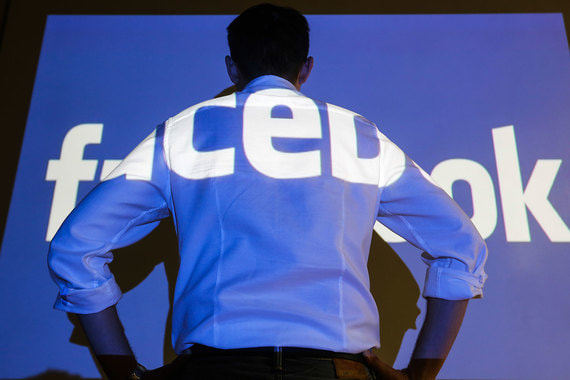Facebook will give users the opportunity to clean their story

Source: Vedomosti
Facebook announced that in a few months its users will be able to delete some data from their history. First of all, these are transitions from a social network to other sites, as well as geolocation marks and information about the use of third-party applications.
The function was called Pure History, and its creation was announced by the company's financial director David Vener. “The new requirements for data privacy are one of the main external factors that work against Facebook in 2019. This is one of the reasons for a possible slowdown in the company's advertising revenue growth this year,” he said .
Vener also added that increased privacy will prevent Facebook from displaying ads according to user preferences as effectively as before. He believes that the situation after “tightening the screws” with privacy is becoming more and more complicated and less clear for the social network.
Facebook has repeatedly been blamed for providing user data to third parties without the permission of the owners of this information. Since the social network itself is completely free for its users, it earns on advertising. Well, since Internet users post a large amount of data about themselves, it can be said that the social network knows everything about them, or at least a lot.
In particular, data is stored not only about gender, age, education, place of residence, family, but also about the content of records and reactions to other people's posts. Moreover, the social network collects information about which links attract the user and in which external applications people register using Facebook. These informational “treasures” are transferred to commercial companies, although the social network assures that the data is anonymized.
Business needs all this in order to better understand the advertising of which goods or services to offer this or that user.
Facebook is doing well. In particular, in the IV quarter of 2018, the revenue of the social network amounted to $ 16.9 billion, which is 30% more than in the same period of 2017.
As for the new feature, Facebook promised to launch it back in May last year. The founder of the social network, Mark Zuckerberg, then compared it to clearing the history in the browser. The entrepreneur said that users will receive tools for simple control of their actions inside Facebook - which sites the transition was made to, which links were clicked on.
Users will not only be able to see what data about the interaction of users with external applications and links is stored by the social network, it will be possible to delete everything that the user considers necessary. True, Zuckerberg warned that after deleting the data, the social network will become less interesting and useful for the user, since the social network will again have to adapt to the interests of a particular user.
As far as one can judge, Facebook decided to conduct a “purge” not of its own free will, but after a series of scandals with access to the personal data of its users. One of the latest conflicts involving Cabridge Analytica became known in early 2018. It turned out that the company since 2015 without the permission of users has collected their personal data to develop an algorithm for analyzing the political preferences of voters.
It is about personal data of more than 85 million users. Facebook top managers had to communicate not only with the users themselves, but also with American officials and congressmen. The creator of the social network was invited even to the US Congress, where for several hours they asked questions that were not the most convenient for the company and its business. No sanctions followed, but management understood the signal from officials.
Shortly thereafter, the company enabled users to remove personal information from their account, restrict access to personal data to third parties, including the management of a social network, or even prohibit the resource from displaying personalized ads to the user based on criteria such as gender, religious or political preferences.
